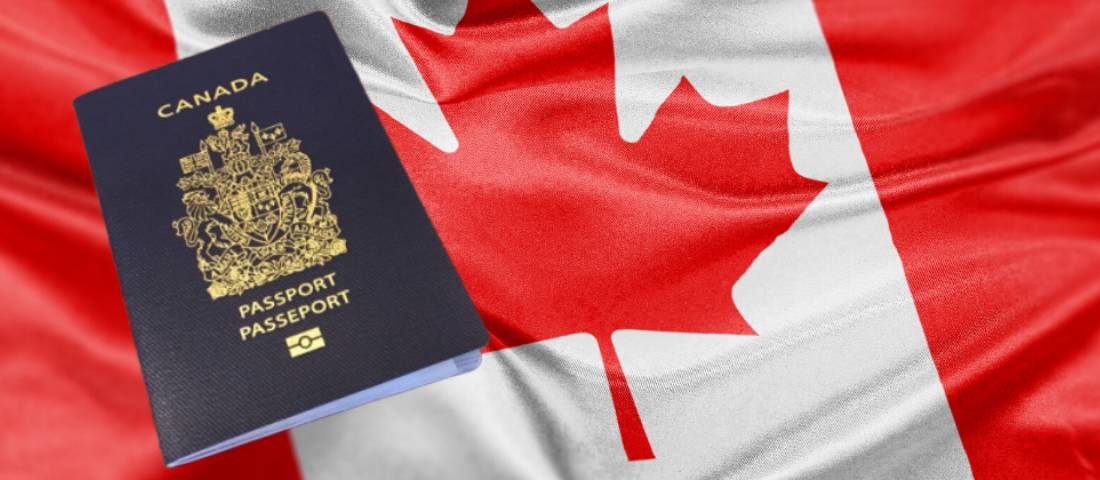The percentage of newcomers who are becoming Canadian citizens is decreasing. The citizenship rate among recent immigrants was over 75% in 1996 but had declined to 60% by 2016, according to a new study released by Statistics Canada. Cost and the citizenship test were cited as reasons for citizenship declining:
- The processing fee for citizenship was increased to $630 from $200
- Complex language is used in a new citizenship study guide that was released about 10 years ago
Families may have a difficult time paying the increased fees and people with lower levels of education can have a harder time passing the citizenship exam, said Andrew Griffith, a former director-general with IRCC:
"If you look at a family of four, you're talking about $1,500 or so. That's a significant burden...You're creating an additional barrier that doesn't need to be there."
In Canada's October 2019 election, Liberals were re-elected to a minority government on a platform that includes eliminating the application fee altogether. In October 2017 Canadian Bill C-6, an amendment to Canada’s Citizenship Act became law and simplified and streamlined the process for immigrants to become Canadian citizens.
Statistics Canada also reported that the citizenship rate for East Asians - in particular, Chinese immigrants - was 83% in 1996 but had declined to 45% by 2016.
HOw to Prepare for the Canada Citizenship Test
Benefits of Citizenship Versus Permanent Residency
Canada Permanent Residents who do not become citizens are not entitled to the same rights and privileges as citizens.
- Penalties for committing a crime in Canada for citizens are different from permanent residents and temporary residents - including permanent deportation from Canada
- Citizenship gives new Canadians the ability to enter or leave Canada freely
- A Canadian passport
- Run for federal office
- Hold jobs that require a high-level security clearance
- The right to vote in Canadian elections is available to citizens but not permanent residents
Learn More:








